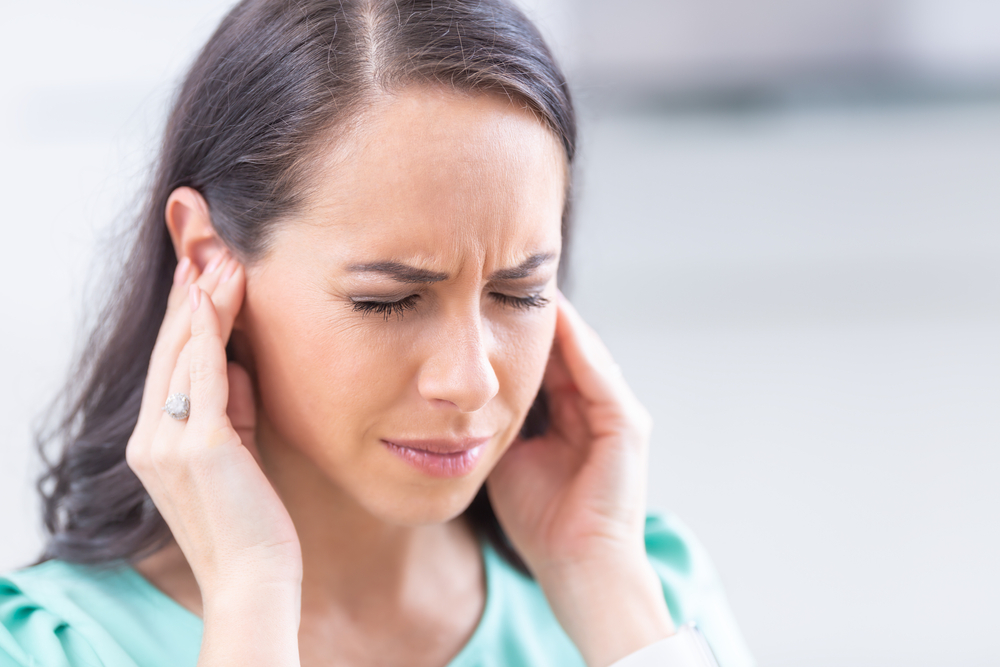
Noise Induced Hearing Loss – What You Need To Know
Loud noise doesn’t just hurt your ears in the short term. Over time, it can irreversibly damage microscopic parts of the inner ear and lead to permanent hearing loss.
Our increasingly loud world puts everyone at increased risk of noise induced hearing loss, whether it’s due to noisy work environments or constant headphone usage. Fortunately, there are things you can do to minimise the risk of permanent damage.
What is noise induced hearing loss?
Noise induced hearing loss (NIHL) is a form of sensorineural hearing loss that affects the nerve pathways connecting your inner ear to your brain.
These pathways are lined with tiny hair cells (stereocilia) that vibrate in response to sound and send the resulting signals to the brain. When exposed to excessively loud noise, these hair cells are sometimes rattled to the point where they’re permanently damaged.
The steady, accumulated damage of these cells eventually leads to hearing loss that’s not unlike the sort people generally suffer in old age (presbycusis) noise induced hearing loss, however, can affect people at any age.


What causes noise induced hearing loss?
Noise induced hearing loss can be caused by either short, one-off loud sounds, or prolonged exposure to high noise levels over a period of time. This might stem from:
Working environment
People who work in loud, noisy environments are at increased risk of work related noise induced hearing loss. A study by SafeWork found that workers from the construction, transport, manufacturing, and storage industries accounted for 65% of NIHL compensation claims.
Headphone usage
Listening to loud music on headphones can expose you to unhealthy sound levels. This is more of a risk than ever with the growing popularity of in-ear headphones that direct loud sounds directly into the eardrum.
Hobbies
From shooting to attending concerts, plenty of pastimes come with a high noise level. Unfortunately, people are often less inclined to protect their ears when partaking in noisy activities outside of the workplace, putting them at increased risk of NIHL.
What are the symptoms of noise induced hearing loss?
High-frequency sounds are usually the first to disappear when suffering from noise induced hearing loss. Everyday speech might also become harder to interpret, with certain sounds losing their clarity (e.g. the difference between /sh/ and /th/ sounds).
Like other types of sensorineural hearing loss, noise induced hearing loss can’t be worked around by simply turning up the volume. Sounds will still be hard to distinguish even when made louder.
Other side effects
Research has also suggested that people with noise induced hearing loss are susceptible to conditions such as:
- Depression
- Cardiovascular disease
- Tinnitus
These are in addition to the reduced productivity (and sometimes the inability to work at all) that comes with compromised hearing loss.


How loud is too loud?
Prolonged exposure to sounds over 70 decibels can lead to noise induced hearing loss, while sounds above 120 decibels can cause immediate damage when in close range.
For reference, here are the decibel levels of some common (and not so common) sounds:
[infographic]
Whisper: 30db, moderate rainfall: 50db, normal conversation: 60db, motorcycle 90db, maximum headphone volume 110db, siren 120db, jet engine 140db, grenade explosion 160db
If you’re in any doubt, monitor your hearing for the following symptoms after being exposed to noise:
- Pain or ringing in the ears
- Regular sounds seeming muffled
- Difficulty hearing others without moving closer or asking them to raise their voice.
Any of these generally indicate that you’ve been exposed to an unhealthy level of noise that’s best avoided in future.
How can you prevent noise induced hearing loss?
Avoiding extreme noise levels is the surest way to prevent NIHL. When listening to music on headphones, resist the urge to drown out external sounds by turning the volume up. If possible, use noise-cancelling headphones as opposed to earbuds that play directly into the ear canal.
If noise is an unavoidable part of your work or lifestyle, make it a habit to use protective devices such as earmuffs and earbuds. It’s also worth checking over your equipment to see if any adjustments or upgrades can be made to reduce noise levels (e.g. the replacement of a bearing or muffler).
Can noise induced hearing loss be fixed?
Noise induced damage to the inner ear is unfortunately irreversible. However, you can still reclaim a good deal of your hearing with a professionally fitted hearing aid. Discuss your options with a qualified audiologist to find a device that fits perfectly with your lifestyle.

Needing further help?
If you have any questions regarding your hearing, why not get in touch or book a hearing test with your local Bay Audio audiologist.
